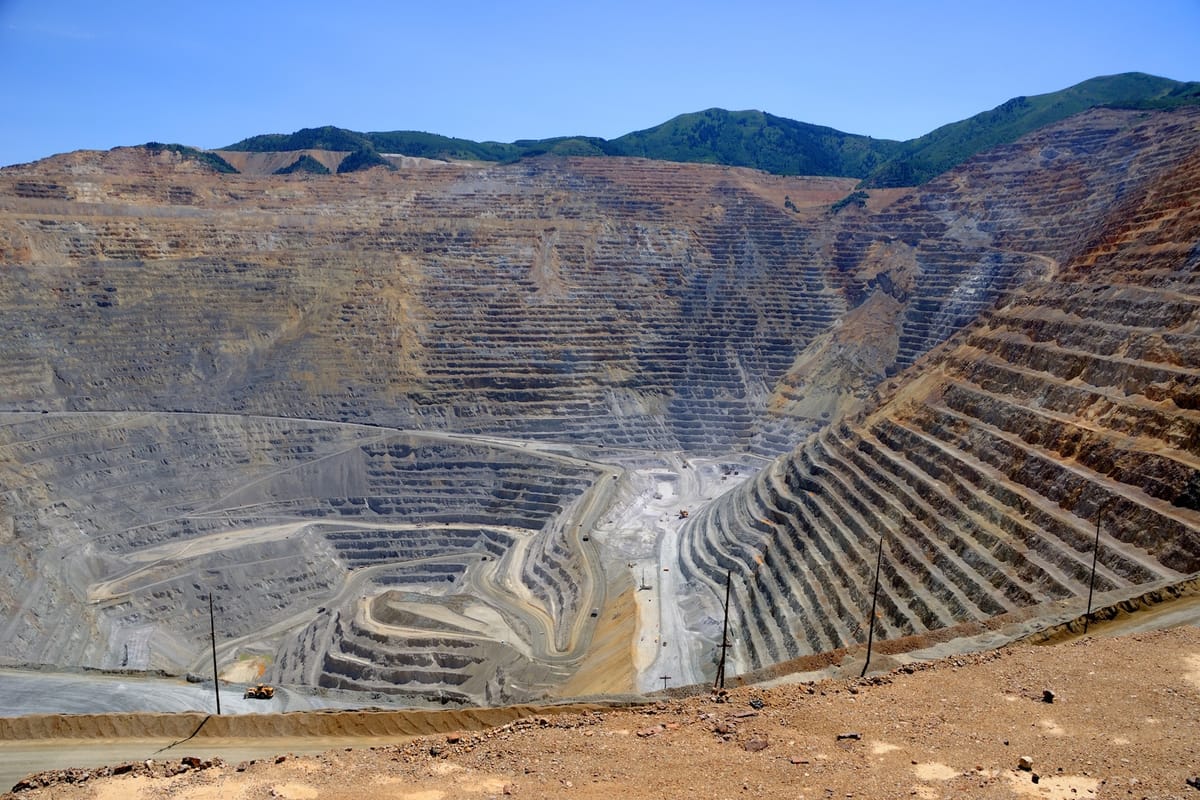

Executive Order Launches Mineral Import Review
President Donald Trump signed an executive order mandating a comprehensive investigation into the national security risks posed by the United States' dependence on imported processed critical minerals and their derivative products. The directive tasks Commerce Secretary Howard Lutnick with assessing how this reliance affects the nation's manufacturing and defense sectors. Critical minerals, including aluminum, cobalt, lithium, nickel, and rare earth elements, are indispensable for industries such as aerospace, electronics, and energy production.
The order highlights the fragility of foreign supply chains, noting that many sources are prone to disruptions that could jeopardize U.S. economic and military capabilities. It warns that a loss of access to these minerals could result in severe shortages, hampering the ability to meet both commercial and defense needs. This move builds on Trump's prior actions, such as his March 20 order invoking emergency powers to boost domestic mineral production and a February 25 probe into copper imports.
Vital Minerals and Their Applications
The U.S. Geological Survey identifies critical minerals as essential to the economy and national security. These include aluminum, integral to nearly all industries - arsenic used in semiconductors, europium critical for nuclear control rods, as well as cobalt, lithium, and nickel which are key components in rechargeable batteries. Samarium, used in nuclear reactors and cancer treatments, and tungsten, vital for wear-resistant metals, are also included. These minerals underpin technologies ranging from smartphones to fighter jets.
The executive order stresses that a strong national defense and economy depend on secure supply chains. The U.S. imports a significant portion of its critical minerals, with China dominating the processing of global rare earths. This reliance exposes the nation to risks from geopolitical tensions or supply chain shocks, prompting the administration to prioritize domestic self-reliance.
Details of the Investigation Process
Howard Lutnick's investigation will scrutinize the impact of foreign predatory practices, including pricing strategies and market manipulation, on U.S. mineral production. The analysis will explore how these tactics undermine domestic investment and competitiveness. Within 90 days, Lutnick must deliver an initial report to key administration officials who will have 15 days to review and comment on the findings. Lutnick will then have 180 days to submit a final report with actionable recommendations, which may include tariffs to protect U.S. interests.
Broader Policy Goals
The probe aligns with Trump's strategy to reduce U.S. dependence on foreign nations, particularly China, which controls 60% of global rare earth production. Recent Chinese export restrictions on minerals like samarium, gadolinium, and yttrium, in retaliation to U.S. tariffs, underscore the urgency of this issue. The administration aims to strengthen domestic production through measures like expedited permitting and federal incentives, as outlined in prior orders.
The focus on critical minerals reflects their critical role in defense and technology. Jet engines, missile guidance systems, and advanced computing all rely on these materials. By addressing supply chain vulnerabilities, the administration seeks to ensure economic stability and national security in a competitive global landscape.
Dues are $12 per year. Member benefits:
✅ Ad-Free Website Viewing
✅ Advocacy for Republican Seniors
✅ 120+ Senior Discounts
✅ Member Only Newsletters